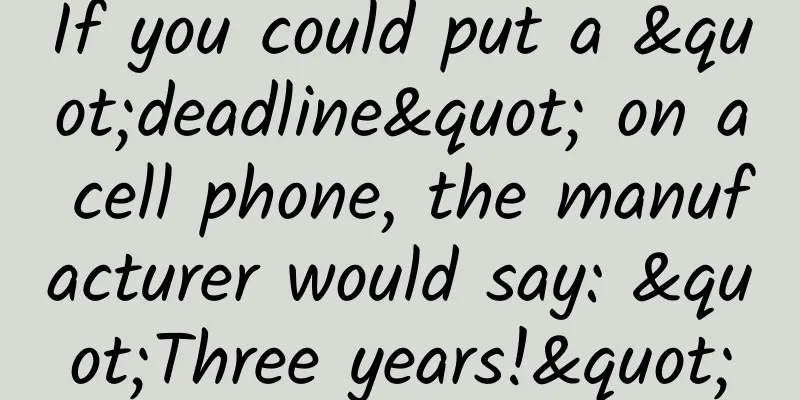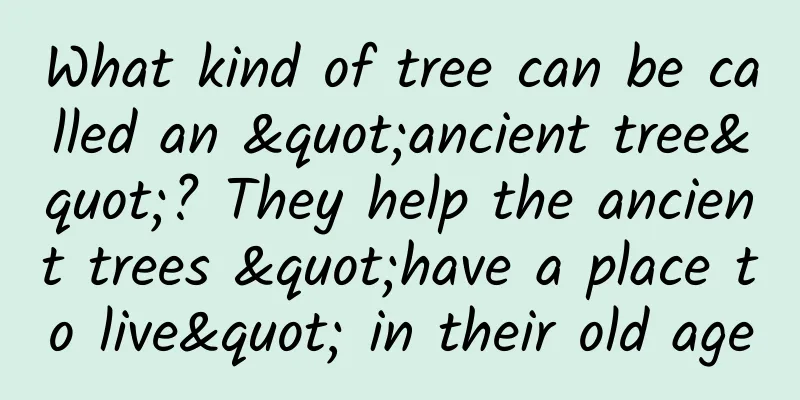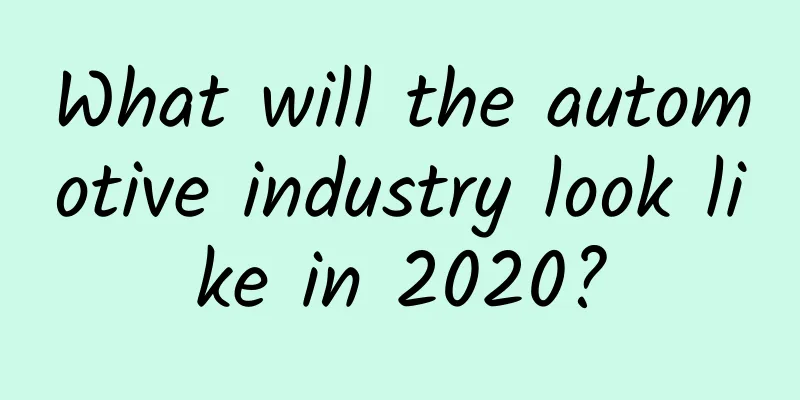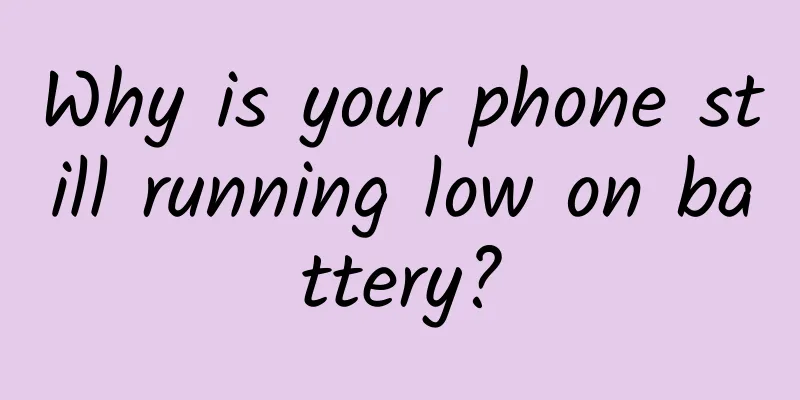Google's Utopia: Which World Does the Future Belong to?
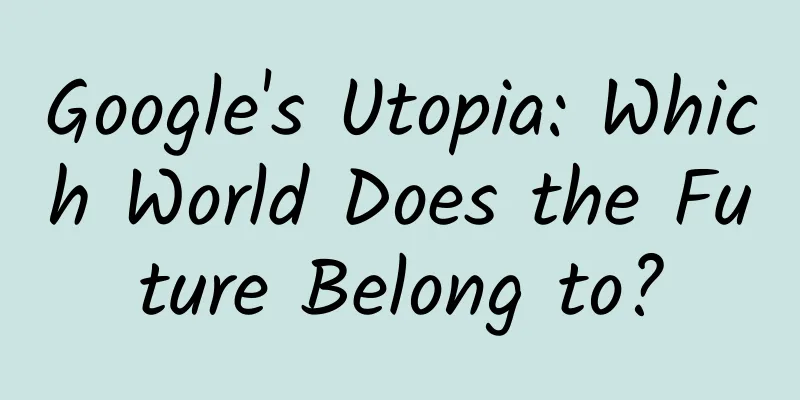
|
Recently, there were rumors that Google would return to China, but they were once again debunked. 2015 was a turbulent year for Google. On August 11, Google co-founder and CEO Larry Page announced that the group company would be reorganized and the new company Alphabet would replace Google and be listed on the Nasdaq. Google's famous "Don't be evil" creed did not appear in the employee code of conduct released by Alphabet later (although Google employees under Alphabet still have to abide by the original codes of conduct), which once again sparked heated discussion. In addition, Google also changed its logo in September, which was its largest adjustment in 16 years. In addition to its own changes, external pressure is also not small. In April this year, the European Union accused Google of abusing its market dominance in the field of Internet search. In September, the US Federal Trade Commission was exposed to be conducting a preliminary investigation into Google's Android system monopoly. In November, Google was questioned by relevant EU agencies for tax evasion. However, what Chinese netizens are most concerned about is the rumor that Google will return to China. From Google registering the China domain name series, to the media repeatedly writing articles to hype it up, to Alphabet Executive Chairman Schmidt bluntly saying that "Google really wants to return to China", to this formal "Google Return to China Press Conference" announcement, the momentum seems to be getting higher and higher. However, its absence from the 8th China-US Internet Forum makes it difficult to be optimistic about its prospects of returning to China. No one can predict whether Google will return. In the minds of many Chinese people, it is a symbol of quality search, but it is also associated with PRISM, crazy tax avoidance, monopoly, political hype, etc. This article introduces another face of Google, or the "inside" behind countless faces. Google seems to have a tendency to prefer code to law, and freedom to the state. This may be the typical thinking of Silicon Valley IT men. However, the author quoted Fred Turner, a professor of communication at Stanford University, where countless Googlers graduated, and pointed out in his speech to students, "Don't expect technology to replace the difficult task of politics." However, the author did not explain how Google will get along with politics and who it will serve if it cannot replace politics or break away from politics. Indeed, in the post-Snowden era, when certain secrets become facts known to the world, there is no need to point them out. Every March, Austin, Texas, becomes the center of the world, at least in the digital world. Thousands of software developers, computer programmers, and hackers fly here from all directions to attend the South by Southwest music festival, one of the largest technology events in the world. Women dressed as astronauts and men wearing cowboy hats stroll leisurely on the streets. Facebook founder Mark Zuckerberg's sister (Randi) also interviewed the producers of the popular American TV series "House of Cards" there. All of this is like a colorful, future-oriented digital gathering for all. Eric Schmidt, executive chairman of Alphabet, former executive chairman of Google Group, and former CEO of Google, seems a bit out of place here. But Schmidt, 59, and his 32-year-old colleague Jared Cohen co-authored a book called "The New Digital Age: Reshaping the Future of People, Countries, and Business," which is a declaration of the future.
Cohen and Schmidt Schmidt is like a reborn father to Cohen: He met the dark-haired political scientist on a trip to Baghdad six years ago and poached him from the US Foreign Service. Cohen now heads Google Ideas, a think tank at Google. The two authors traveled to no less than 35 countries to write this book, but the book does not cover the current living conditions of people in Afghanistan and Kenya. Schmidt and Cohen do not seem to be interested in the present, but focus on the study of the future. The book is almost entirely written in the future tense, describing a political utopia that is different from all political utopias so far in that it is imagined as non-political. Here, the state, government and parliament play only a small role, and they are replaced by something that the two authors believe is more powerful and reliable. Simply put, it is something better than traditional forms of politics - technology. In this book, Schmidt and Cohen make clearer than ever what makes Google so "terrible." Google questions the political system and, unlike most other companies, is not just about increasing sales, stock prices, and maximizing profits. Google wants to do more: spread an ideology. Google believes that the state is an outdated form. Nothing can solve the problems facing humanity in the 21st century, such as climate change, poverty and health care. Only technological inventions can save humanity, said Schmidt and his partner Cohen. The country is unable to reduce its carbon dioxide emissions? Google built its own solar park. Today, the company gets a third of its electricity from renewable sources. In the United States, renewable energy accounts for only 10% of total electricity generation. Even Greenpeace praised it. Can't the state organize road traffic so that there are no more casualties on the roads? Google has designed a self-driving car that eliminates human error. Google is building a fleet of 100 of these cars without steering wheels, accelerator pedals, brakes or clutches. Just press the map on your smartphone and the car will drive to the selected location, while the passengers can sleep or read the newspaper. The country is unable to reform its expensive, over-regulated health care system? Internet companies have developed contact lenses and electronic medical records for diabetics that can quickly and easily measure blood sugar levels. They have also come up with ways to "see" personal DNA so that everyone can know how to stay healthier for a longer time. The state is unable to modernize underdeveloped regions in Africa, Asia and Latin America? Internet companies are trying to make everyone connected to the Internet. Google is experimenting with antennas attached to balloons that can float 20 kilometers in the air. In one experiment, such balloons have connected the Internet to a primary school in Campo Maior, a remote village in Brazil. Has the planet always been ruled by cadres, bureaucrats, and delegates? It is they who draft laws, write regulations and agreements, and seek to reach agreements that determine our lives at congresses, party conferences and summits? This was the old world, controlled by the political class, before the world that Google is advocating. The new technology-centric world is determined by a group of taciturn engineers, programmers, intellectual workers, and computer geeks who love to read science fiction. We might call such a world the United Nations of Google. The question is: Which world is better? Or: To which world does the future belong? Today, Google is a world power, a world power without borders and unmarked on any map. And that, in turn, brings with it great hopes and fears. It is true that Google has no aircraft carriers, police, courts, or prisons. Those are traditional forms of state. Google does not write the laws. But Google is very powerful because it makes the other rules that govern our lives: code. These codes, computer programs, determine, for example, what information we take in from the world, record who we interact with, what we buy, and advise us on how to sleep better and eat healthier. In many countries, computer programs have long determined who gets which health insurance and who gets a loan under what circumstances. Lawrence Lessig, one of the world’s most respected constitutional scholars and a professor of law at Harvard University, said: “Code is law.” |
<<: Samsung to surpass IBM in US invention patents this year
>>: Why non-Apple developers should care about Swift
Recommend
DS will launch its first pure electric SUV to compete with Audi Q2
According to Autocar, DS will launch its second S...
How does the financial industry play with information flow? Information flow advertising on a P2P platform
As an innovative financial organization model, P2...
Bleeding gums, is it caused by "heat"? The answer is...
Author: Zheng Shuguo, Chief Physician, Peking Uni...
The dead are like dodo birds, but there is still a glimmer of hope for resurrection
The national emblem of the Republic of Mauritius ...
Meizu MX5 hands-on experience with full metal body
Meizu, which releases new phones at a rapid pace,...
Activity operation sandbox/activation engine
We have talked about so many recommendation algor...
IDC: Global AI market size is expected to reach US$88.57 billion in 2021
Artificial intelligence (AI) technology has broad...
The 2016 first half of the year App Comprehensive Strength Ranking (the most beautiful on the entire network) Are you on the list today?
I examine myself three times a day: Have you comp...
Is the existence of typhoons a good thing or a bad thing for humans? Where do typhoons come from? Where do they go in the end?
29% of the earth's surface is land, and 71% i...
Crow Redemption "Combo 3.0" Love Chat Tutorial Video Version + Audio Version
Course Contents: 1. "Combo 3.0" Lecture...
Is it expensive to produce a Guilin tourist supplies mini program? Guilin Tourism Products Mini Program Production Cost and Process
Mini programs provide convenience for publicity a...
How to deal with plural nouns in iOS project internationalization
The way to handle plural nouns in the internation...
Will the epidemic affect human psychology for 20 years? Experts say so...
Working from home, online teaching, and staying a...
A thorough explanation of "cross-border marketing"
As market competition becomes increasingly fierce...
